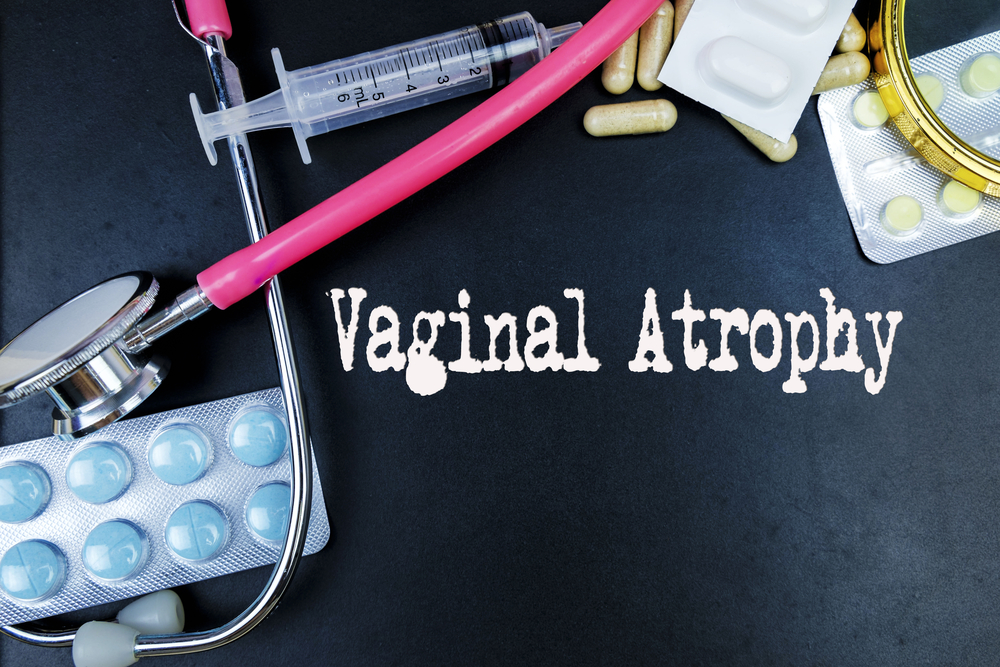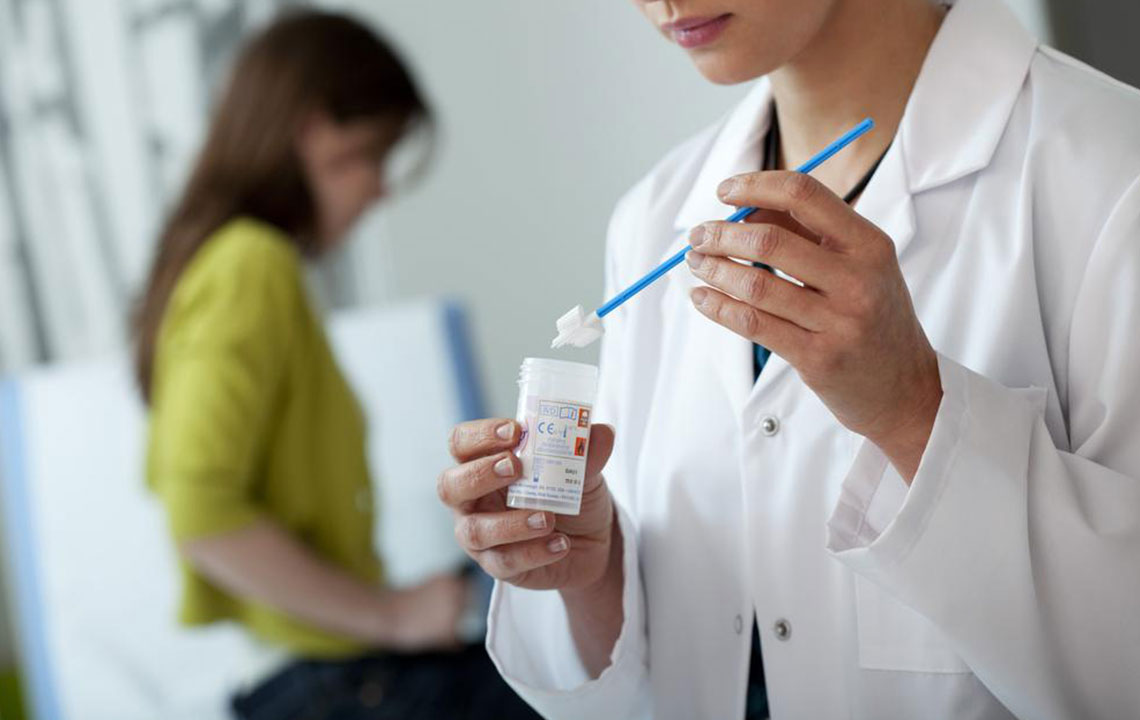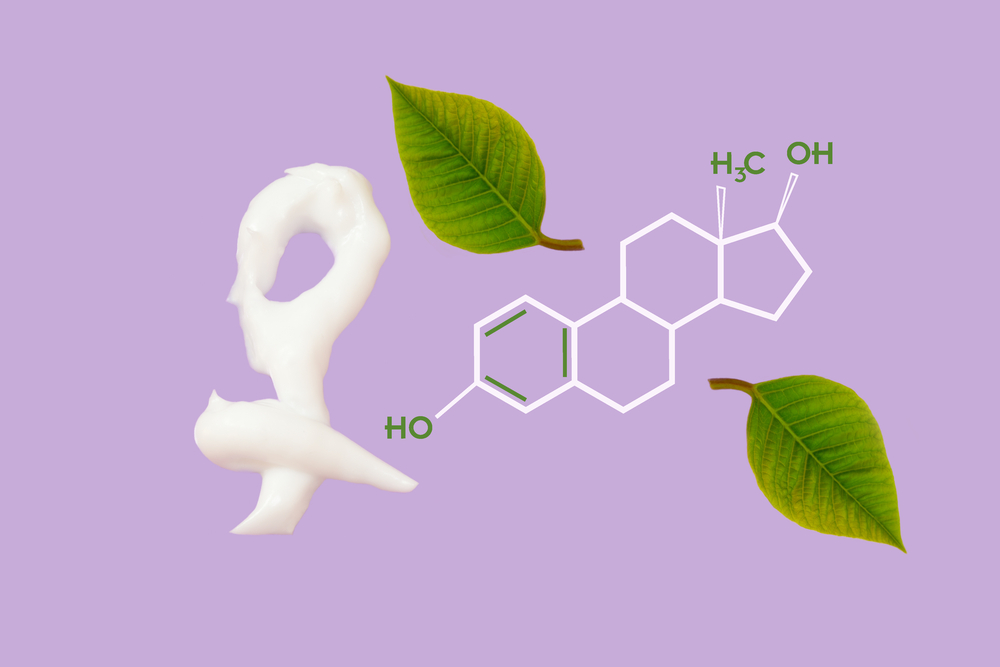Effective Strategies for Managing Vaginal Dryness
This article explores effective ways to manage vaginal dryness, including the use of lubricants, dietary modifications, and medical treatments like estrogen therapy. It highlights practical approaches to alleviate symptoms, improve comfort, and maintain vaginal health during menopause. Consulting healthcare professionals for personalized care is emphasized for optimal results.

Effective Strategies for Managing Vaginal Dryness
Estrogen plays a crucial role in maintaining female reproductive health and regulating menstrual cycles. As women reach menopause, reduced estrogen production can lead to thinning, less elastic, and drier vaginal tissues. This condition, known as vaginal atrophy or dryness, can cause discomfort and irritation. Fortunately, various treatment options are available to alleviate these symptoms and restore comfort.
Personal Lubricants and Moisturizers
Lubricants in gel or liquid form help reduce friction and discomfort during intimacy by providing additional moisture to the vaginal area. These are available over the counter from pharmacies and stores. Types include:
Oil-based: petroleum jelly, mineral oils, baby oils
Water-based: K-Y Jelly, Summer’s Eve, FemGlide
Silicone-based: Durex, Pure Pleasure, Pink
Natural oils: jojoba, aloe, coconut oil
For persistent dryness, vaginal moisturizers may be more effective, offering longer-lasting relief. Popular options include Replens, K-Y Liquibeads, and Moist Again. Avoid oil-based lubricants, as they can weaken latex condoms during sex.
Dietary Approaches
Incorporating phytoestrogen-rich foods can help mitigate dryness symptoms. Foods like soy products (tofu, soy milk, soybeans) contain isoflavones that mimic estrogen’s effects. Herbs like black cohosh also provide estrogen-like benefits for menopausal symptoms. Including flaxseeds, oats, miso, and tempeh in your diet may offer additional support.
Supplements such as vitamin D, E, A, B12, and probiotics can boost vaginal health by supporting tissue integrity, balancing pH, and promoting beneficial bacteria. For example, vitamin E is an antioxidant that enhances blood flow and tissue health, helping reduce dryness.
Hormonal Treatments
Medical interventions like vaginal estrogen therapy are designed to counteract dryness by restoring estrogen levels locally within the vagina. These treatments come in forms like tablets, creams, or rings and can effectively reverse tissue thinning. Examples include Estrace, Premarin, and Vagifem. Women with certain health conditions should consult a healthcare provider before use.
Comprehensive Hormone Replacement Therapy (HRT)
HRT involves administering hormones through various methods such as gels, patches, implants, or pills to offset hormonal declines during menopause. While effective in reducing dryness and other symptoms, it may carry risks, so it’s important to discuss options and side effects with your doctor. Regular check-ups are recommended for optimal management and overall health.
Maintaining communication with your healthcare provider during menopause ensures personalized management strategies for vaginal health. Preventative care and suitable treatments can significantly improve comfort and quality of life.
Important Notice:
Our website provides general information across multiple topics. While our research aims to offer accurate insights, it should not replace professional medical advice. Always consult your healthcare provider for diagnosis and tailored treatment options. We are not responsible for inaccuracies or external offers that may be more beneficial than the suggestions discussed here.










